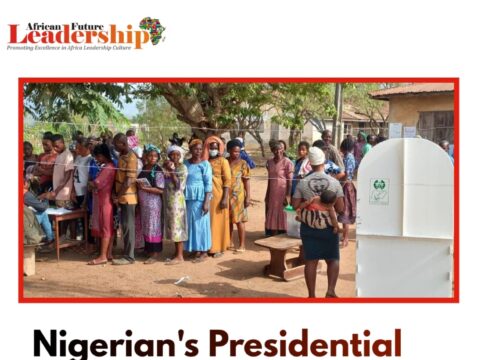February 25th Presidential Election, Only 25,286,616 – about 28.63% – of all eligible voters in Nigeria, partook in last Saturday’s Presidential election, the election data has shown.
There are a sum total of registered voters in Nigeria but only 87,209,007 – 93.3% – collected their Permanent Voter Cards (PVCs), making them the only ones eligible to vote in the 2023 general elections, according to the electoral commission, INEC.
READ MORE: Ebonyi PDP Gubernatorial Aspirant Vows To End Insecurity And Create Employment
Last Saturday, the Presidential and National Assembly elections were held across the country and the Governorship and States Houses of Assembly elections scheduled for March 11.
Howbeit, by the total number of accredited voters, the elections data shows that only 28.63% of all eligible voters partook in the February elections.
The low turnout of voters have characterised Nigerian elections, and have witnessed a steady decline which reached a new low during last week’s presidential and National Assembly polls.
In 2011, voter turnout was at what can now be described as an moving 53.7% of the voting population. By 2015, it dropped to 43.7% and 34.75% in 2019.
The data analysed by AFLM correspondent revealed that all the 18 aspirants in the February elections received a total votes, which is 27.55% of the eligible voters.
The top four aspirants – Bola Tinubu (APC), Atiku Abubakar (PDP), Peter Obi (LP) and Rabiu Kwankwaso (NNPP) – got 23,377,466 or 26.81% of all eligible voters, and 97.30% of the total number of the total valid votes. i.e. the total number of votes received by all political parties involved in the elections–excepting rejected votes




